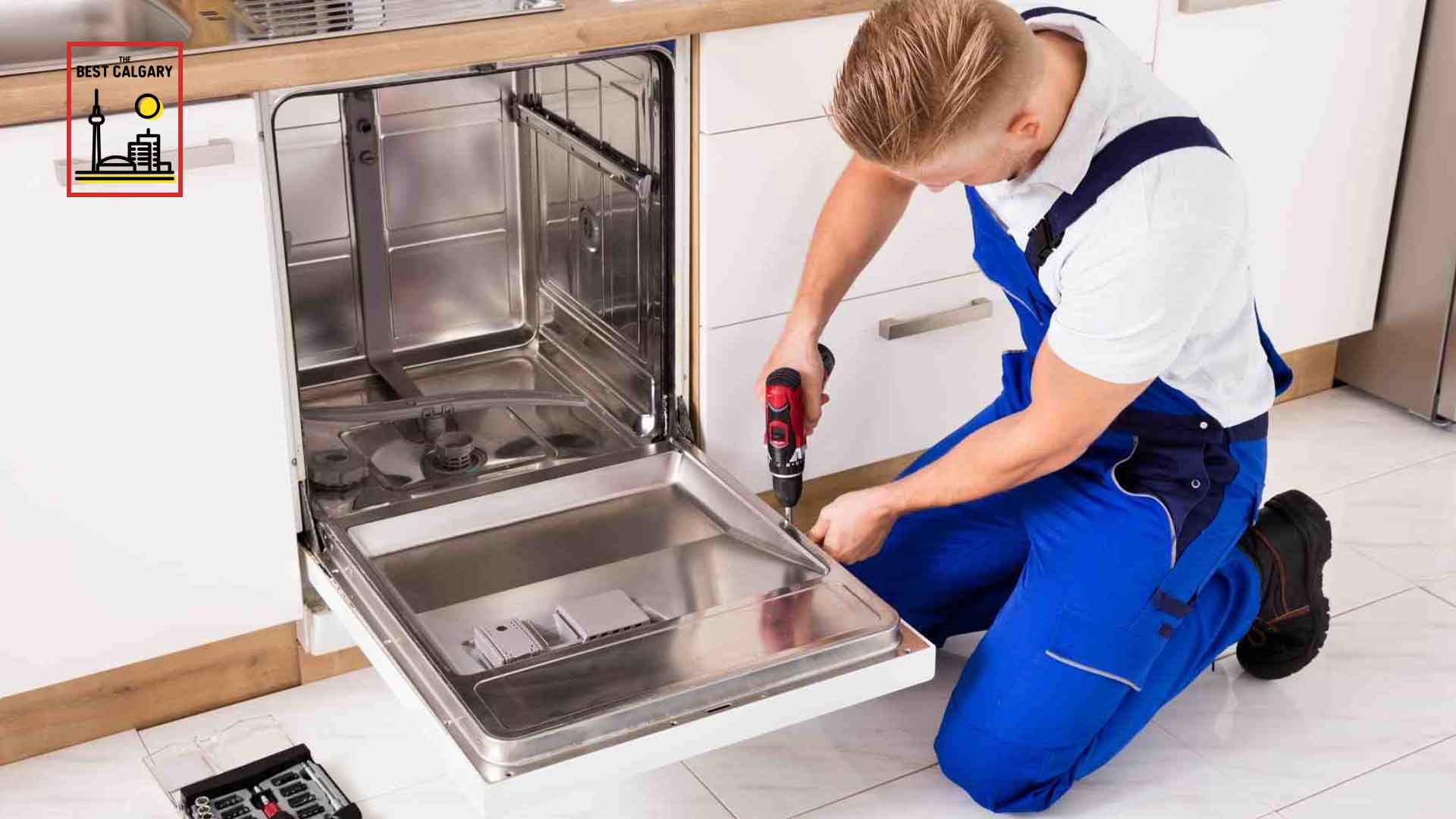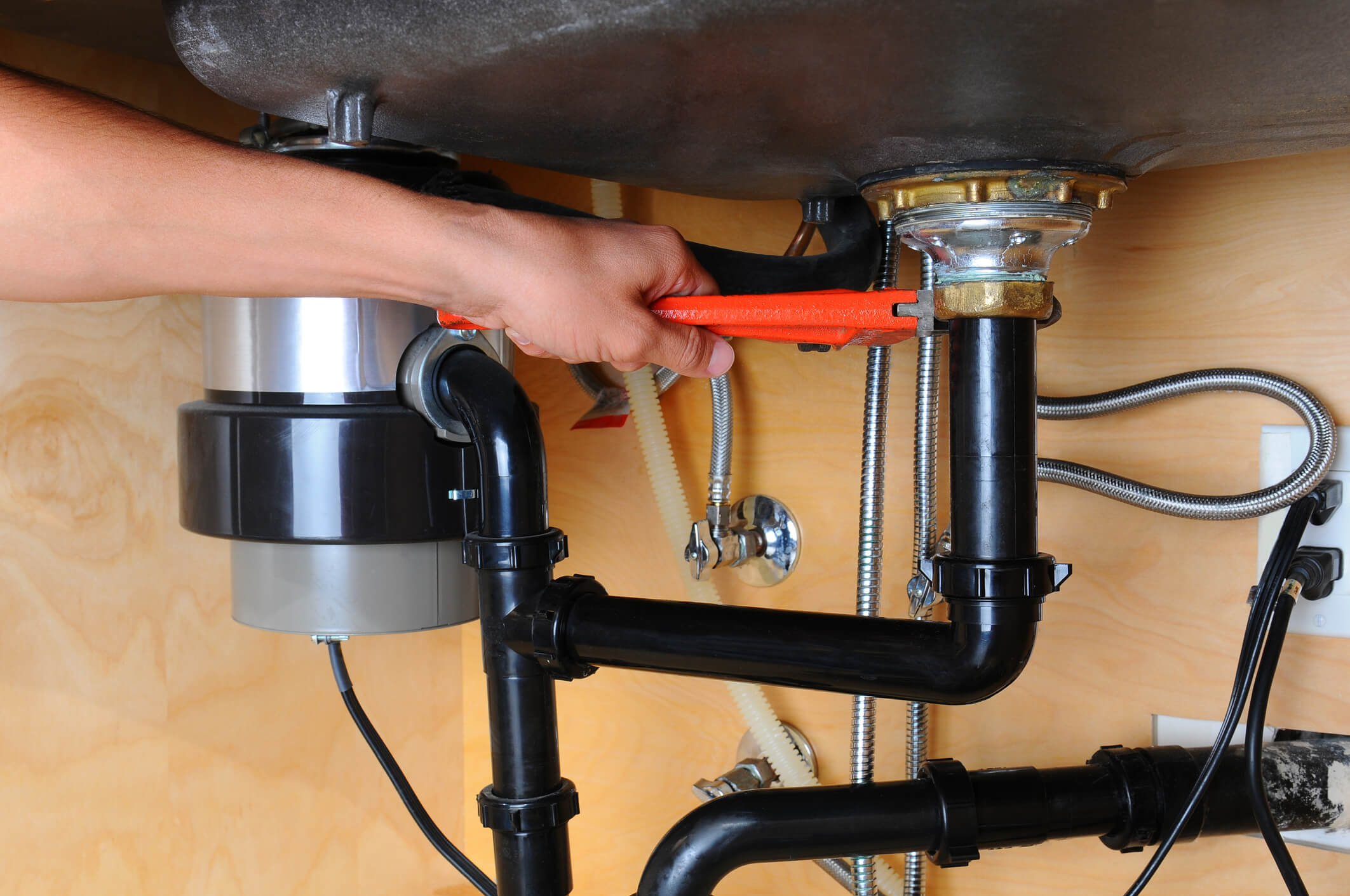Could You Possibly Destroying Your Home's Plumbing? Six Warning Indicators
Could You Possibly Destroying Your Home's Plumbing? Six Warning Indicators
Blog Article
What are your ideas on Leak Detection and Repair Without Destroying Your Home?

The secret to long lasting devices, unsurprisingly, is proper maintenance. There's no hard and fast regulation that can ensure your plumbing devices a lengthy wear, however you can stop unneeded damages as well as repairs by preventing poor plumbing routines.
You ought to stop doing these 6 points else you'll keep calling your plumber over for minor faults.
Purging whatever
Yes, your commode drain leads to the sewers, but that doesn't imply you ought to dump just anything away. Numerous 'flushable' products are in fact terrific obstruction starters, for instance dental floss. Asides keeping evident non-flushable products like cords as well as plastics out of your commode, you ought to likewise stay clear of flushing cotton swab, menstruation items, wipes, daipers as well as prophylactics down the bathroom drainpipe.
Putting grease in the sink
We understand properly dealing with grease after a hearty meal is a pain. However simply putting it down the drain can do lasting harm to your pipes. "The fat as well as grease can obstruct your drain badly sufficient to compel you to call a plumber," describes Dawson. "Plumbing functions best when it's well cared for-- not abused with oil."
Using way too much drainpipe cleaner
Using a drainpipe cleaner greater than one or two times a month is an indicator that something significant is going on within your pipes. Now, as opposed to facing the main issue, you go with a quick fix; a carbonated drain cleaner. Rightfully, a drainpipe cleaner will deal with the blockage, but at what price?
The chemicals in a drainpipe cleanser can accelerate the deterioration of your pipes. Add that to whatever underlying problem is causing the obstruction and also you might have to a serious problem on your hands.
If you experience a lot of blockages, call your emergency plumber rather than using a drain cleaner.
Not washing meals before loading them right into the dishwasher
it's called a dishwasher, yet throwing in meals, pots, and pans covered in big food bits can in fact cause some severe damages to the home appliance, resulting in lasting troubles down the line. "Property owners might have to get their dish washer repaired more frequently if they do not rinse their recipes prior to packing, or at the very least remove bigger food items," discusses Audrey Monell, proprietor of Forrest Anderson Plumbing and also Air Conditioning in Glendale, Arizona. "Food that obtains stuck on recipes causes the dishwashing machine to function harder, which can wear down components much faster, leading to troubles."
DIYing whatever
With plumbing, a stitch in time truly does conserve 9. You can stop a fullblown plumbing emergency by calling your plumber at the right time.
You might have learnt a few plumbing hacks from your daddy, but you ought to recognize where to draw the line and also call an expert. For instance, you might have the ability to fix a clog yourself, however you should not try to transform a pipeline. You could inequality pipelines or overtighten a bolt, triggering even more injury and damages than you thought. Calling a plumber is a risk-free and also inexpensive decision.
Not transforming your dish washer hose pipes
One very easy means to ensure that you use your dishwashing machine for several years is to change the hose at least once in five years. This additionally gets washing maker pipes.
In time, food fragments, soap and also oil can form obstructions within your pipes. Changing them on schedule will certainly avoid any presure accumulate that can harm the inner operations of your dish washer or washing device.
A reinforced steel entwined hose pipe does a wonderful work of prolonging your maker's usage time.
No winter season precautions
Extreme weather misbehave for your pipelines, especially if they're constructed from steel. You should insulate your exposed pipelines, and your water container, even if you have a water heater. You ought to likewise turn off your yard tube shutoff and also any other external water channels. These networks are outlets for cold; you pipes can begin to ice up from outside if you do not.
How Hard Water Damages Your Plumbing and Appliances
Hard water is no stranger to most households across America. This silent invader affects 85% of homes in the United States every day, wreaking havoc on pipes, plumbing fixtures, and water-using appliances.
Should you become a victim of hard water, you must understand exactly what it is and how it affects your plumbing and appliances. This will help you determine the correct measures to put in place to fix or prevent any problems that may arise.
First off, what exactly is “hard” water?
In short, “hard water” is used to describe water that contains relatively high amounts of dissolved minerals, primarily calcium and magnesium, and a host of trace metals. When rainwater falls from the sky (usually in a pure form), it absorbs the hardness minerals from rocks and soil, which changes it from soft to hard water.
What about my plumbing and appliances?
Mineral deposits from hard water can cause buildup on tubs, shower, sinks, faucets. But that’s only a small scratch of the surface. Those minerals can gradually build up inside pipes, fixtures, water heaters, washing machines, and dishwashers. Once they accumulate in those areas, they can clog pipes and create major problems throughout your plumbing system, from reduced water flow to increased pressure on pipes and fixtures.
This limescale buildup might affect some appliances, causing them to operate less efficiently and wear down faster. And the result? Higher energy bills, more (costly) plumbing replacements and repairs, and damaged appliances.
Keep in mind that certain types of plumbing are more susceptible to clogging than others. Copper, PVC, and PEX pipes are more resistant to hard water buildup and corrosion, but they can still get clogged or completely blocked by scale deposits.
How do I know if my water is hard?
White limescale buildup on plumbing fixtures (or any of the other signs mentioned above) is usually a good sign that your water is hard. If you suspect that you have hard water, you can simply shake up a small amount of dish soap and water in a closed container. If the mixture doesn’t create a lot of suds, you probably have hard water.
The most precise method, however, is to test your water with a DIY test kit (sold online or at local home centers or hardware stores) or send a water sample from your tap to a local lab to be tested. Be sure that you understand the nature of the test, the water condition being measured, and the significance of the test results.
Another way to obtain an estimate of water hardness is to check your annual water quality report to see if your water provider has reported any instance(s) of water hardness in your water supply.
https://www.springwellwater.com/how-hard-water-damages-your-plumbing-and-appliances/

We had been guided to that write-up about Ways to Make Your Pipes Last Longer from an acquaintance on another site. For those who liked our blog entry please make sure you remember to pass it around. Thank you for your time. Visit again soon.
Book My Estimate Report this page